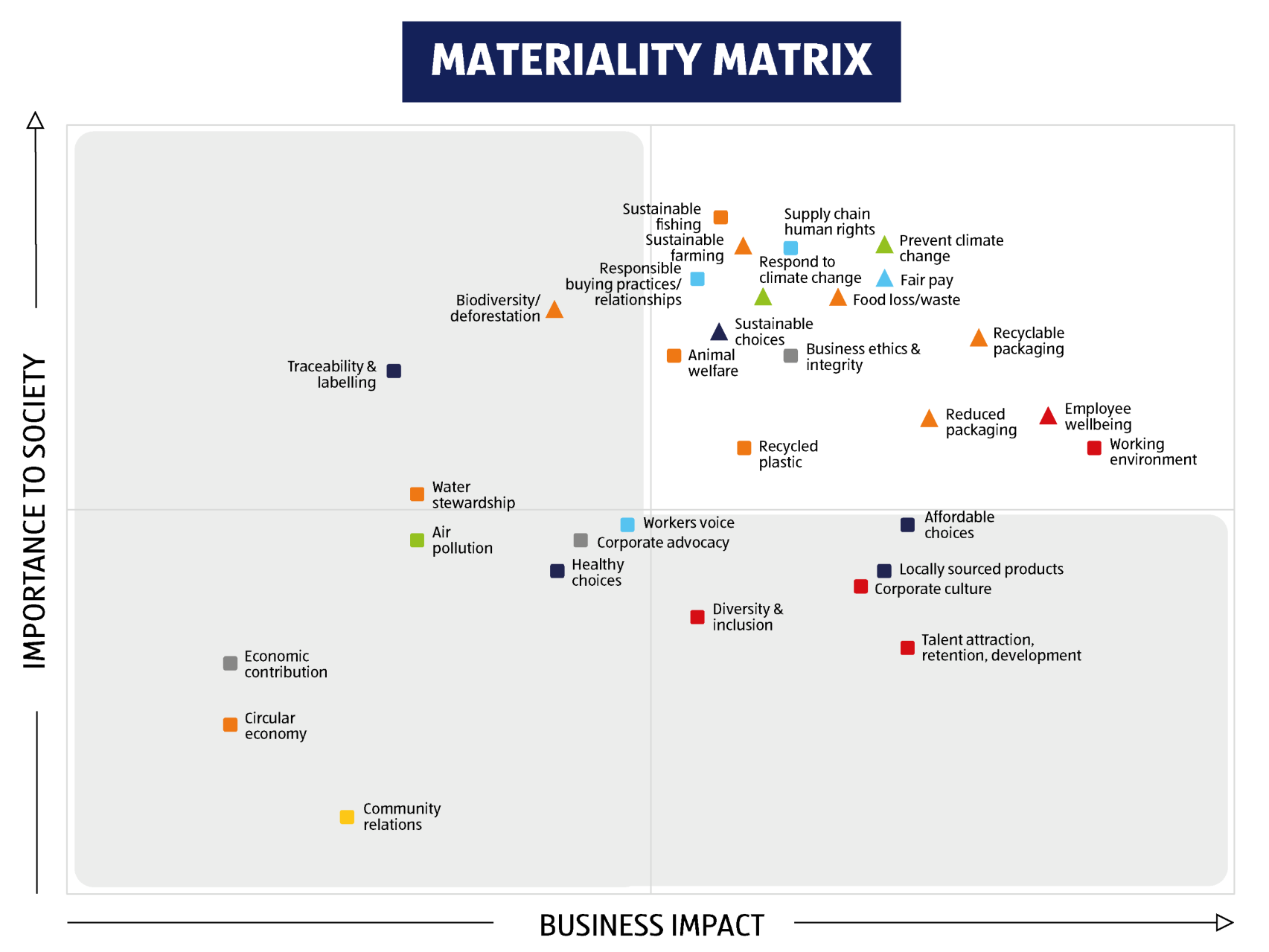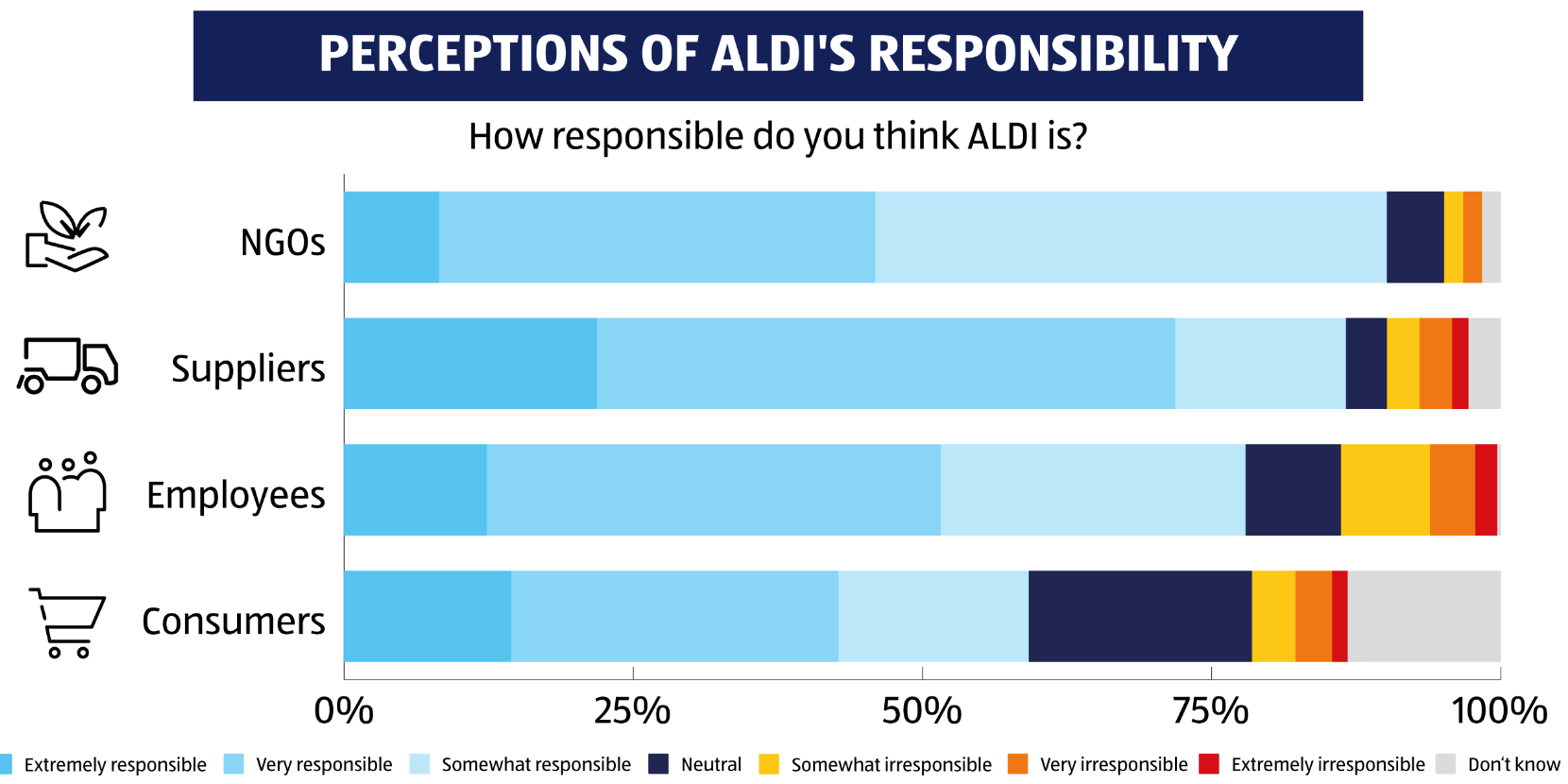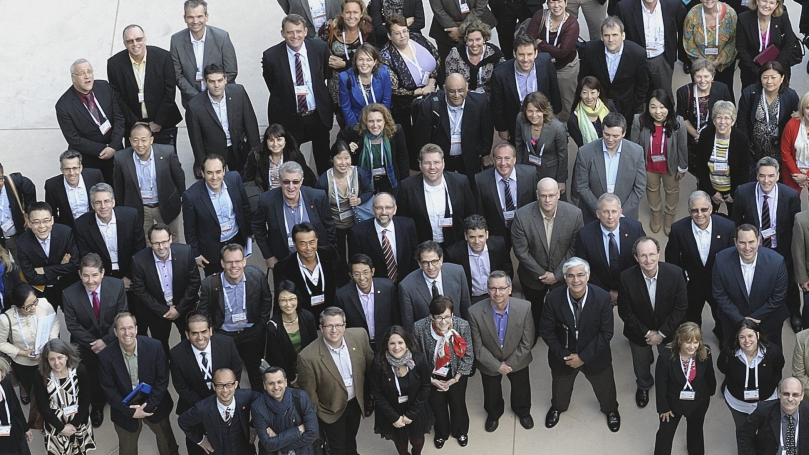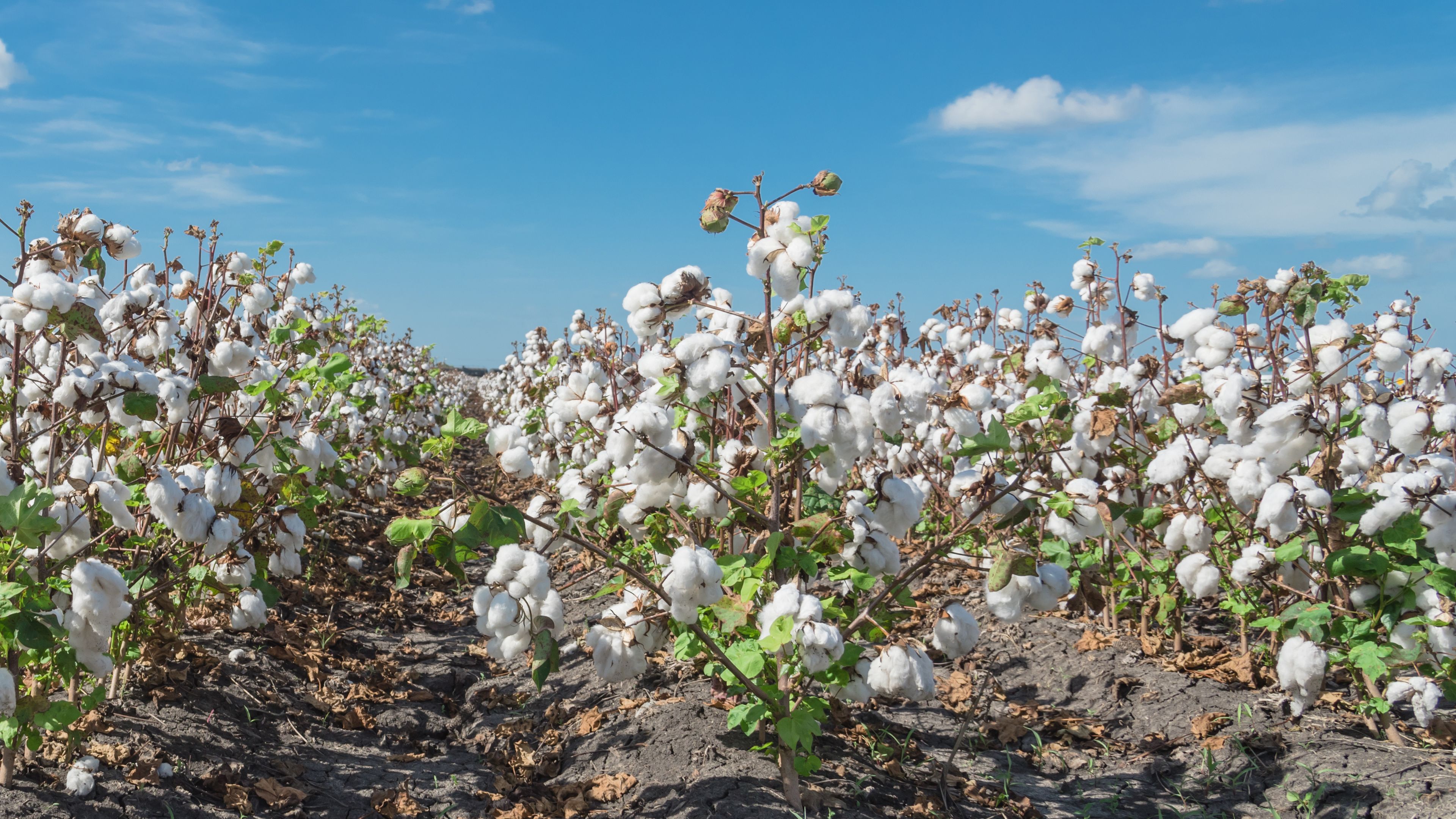

Our business can have both positive and negative impacts on various groups of people, including employees, customers, business partners, and workers in the supply chain. Therefore, we must always consider how our actions will impact these groups.
We believe that collaboration is key to achieving sustainable development and that change can only occur by working with all affected parties. Collaborating with external partners and engaging in multi-stakeholder initiatives broadens our horizons and helps us integrate different perspectives into our Global Sustainability Strategy. We engage with a range of critical and supportive stakeholders (e.g., NGOs, multi-stakeholder initiatives, policymakers) to achieve common goals and aim to raise greater awareness of current and future challenges along our supply chains and throughout our company.
How to gain an understanding of what to prioritise in terms of sustainability
Our business can have both positive and negative impacts on many different groups of people, ranging from employees to customers, business partners, and workers in our supply chain. As a result, we must always consider how our actions will impact them.
Stakeholder engagement is a central part of delivering our Global Sustainability Strategy. Although we are a global retailer, we recognise that many of our goals cannot be achieved alone. We collaborate with our stakeholders, exchanging knowledge, resources, and competencies to encourage sustainable development.
We carefully considered different sources and perspectives when developing our Global Sustainability Strategy. Our global focus areas and strategic objectives were identified through environmental and human rights risk assessments across our food and non-food supply chains. A comprehensive International Stakeholder Survey conducted in 2022 helped us identify key priorities.
We regularly review our strategic approach, taking into account all relevant internal and external developments. This ensures our strategic priorities remain focused on the areas that are most material to our business, and where we can have the greatest impact on society and the environment.

ALDI's International Sustainability Stakeholder Survey
Our International Stakeholder Survey is a powerful and effective tool for engaging a wide range of stakeholders. This quantitative online survey combined with qualitative expert interviews, was conducted in early 2022 in partnership with GlobeScan.
The objectives of the survey were to:
- Highlight the sustainability issues that are most important to internal and external stakeholders today and in the medium term.
- Give the ALDI SOUTH Group the opportunity to learn about any concerns stakeholders might have
- Provide the foundation for developing and reviewing our strategy
- Discover how ALDI is perceived to be performing regarding sustainability
- Strengthen our stakeholder engagement
Materiality Matrix
The International Stakeholder Survey focused on areas from our previous International Corporate Responsibility Strategy, including human rights, zero carbon, resource efficiency, employer of choice, customers, and communities, covering 31 wide-ranging topics.
The Materiality Matrix (below) represents the most important strategic issues:
- Y-axis: Importance for ALDI SOUTH Group to address the issue, based on external stakeholders’ input (consumers, suppliers, and NGOs)
- X-axis: Perceived influence on the ALDI SOUTH Group's business success, based on ALDI employees’ input

What did we learn from this International Stakeholder Survey?
The Materiality Matrix indicates that the ALDI SOUTH Group has been addressing the right sustainability issues and aligns well with the expectations of our internal and external stakeholders. However, certain areas emerged more strongly than in previous surveys, particularly biodiversity and sustainable farming. These findings were incorporated into the ongoing review process of our strategy.
We also wanted to use the International Stakeholder Survey as an opportunity to better understand how we are perceived as a company. The ALDI SOUTH Group performed particularly well in the area of business ethics and integrity, with stakeholders expressing confidence in our overall commitment and consistent standards in sustainability. More than half of our stakeholders rated ALDI as an extremely or very responsible company.



